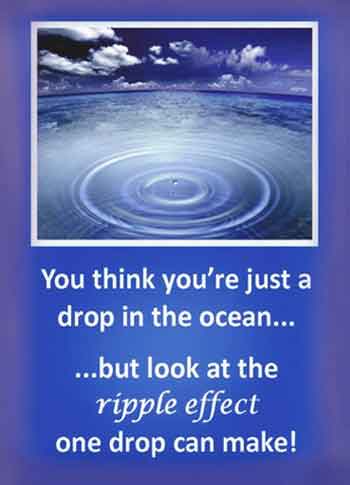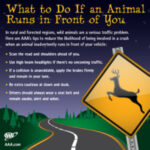Animal cruelty is often perceived as a localized issue, confined to isolated incidents involving individual perpetrators. However, the implications of such acts extend far beyond the immediate suffering inflicted on animals. It serves as a harbinger of social decay, presenting an interconnected web of consequences that can reverberate throughout society at large. In examining the ripple effect of animal cruelty, it becomes evident that addressing this pressing issue requires an overarching perspective, one that acknowledges how cruelty towards animals can reflect and magnify broader societal maladies.
To understand the intricate dynamics of this ripple effect, it is crucial to delineate what constitutes animal cruelty. This encompasses a spectrum of behaviors ranging from outright abuse, neglect, and exploitation to more insidious forms of harm that permeate industries and cultural norms. The manifestations of such cruelty are disturbingly prevalent in various sectors, including entertainment, agriculture, and scientific research. Each instance of maltreatment not only causes tangible suffering but also lays the groundwork for an atmosphere conducive to further violence and desensitization.
At the core of the ripple effect lies a psychological aspect: the normalization of violence. When acts of cruelty are trivialized, dismissed, or even celebrated, they embed themselves in cultural consciousness. The habitual exposure to violence against animals can dull societal empathy, eroding the moral fabric that binds communities together. Research indicates that individuals who engage in or witness animal cruelty may become desensitized to violence in general, leading to an increase in aggressive behaviors towards humans as well. The cycle is vicious and self-perpetuating, as brutalizing one group—animals—desensitizes individuals toward another—humans.
This desensitization manifests in various damaging ways. Communities with high rates of reported animal cruelty often experience higher crime rates overall. Numerous studies have established a correlation between animal abuse and violent crimes against humans, including domestic violence and child abuse. This troubling connection points to a fundamental truth: animal cruelty is not just an animal rights issue, but a public safety concern as well. Policies designed to mitigate violence, rehabilitate offenders, and protect at-risk individuals must, therefore, incorporate considerations for how cruelty to animals feeds into wider patterns of aggression and harm.
Economically, the repercussions of animal cruelty translate into substantial costs for society. The healthcare system bears the financial burden when treatment becomes necessary for victims of interpersonal violence, which is often linked to animal cruelty. Additionally, the resources allocated to law enforcement and legal systems to address cruelty cases can be staggering, particularly in communities struggling with poverty and limited resources. Investing in preventive measures—such as education and community outreach programs focused on empathy and compassion—could yield significant economic benefits over time.
Moreover, the ethical implications of animal cruelty resonate within broader societal values. Societies that prioritize the welfare of animals are often those that demonstrate higher levels of human rights protections and social justice. The treatment of animals serves as an ethical litmus test, reflecting a society’s collective conscience. The failure to protect animal well-being can, and often does, signal a permissive attitude towards the marginalization and exploitation of various groups. Thus, opposing animal cruelty emerges as a crucial element in the larger pursuit of equity and justice.
Addressing the issue of animal cruelty also induces a cultural shift towards fostering compassion. Initiatives that highlight the sentience of non-human animals can nurture a deeper understanding of our interconnectedness. Advocacy campaigns, educational programs, and social media movements that encourage individuals to reflect on their relationship with animals can serve as powerful catalysts for change. By fostering an empathetic mindset, society can not only address the immediate atrocities perpetrated against animals but also dismantle the very structures that perpetuate violence and suffering in all its forms.
Ultimately, the ripple effect of animal cruelty serves as a powerful reminder of the interconnectedness of all beings. Societal transformation hinges on our ability to recognize that our treatment of animals mirrors our treatment of ourselves. The solutions demand a multifaceted approach, encompassing legal reforms, educational initiatives, and community engagement. Engendering a shift in perspective around animal welfare can lead to profound revelations about our shared humanity and responsibility towards one another.
In conclusion, the far-reaching consequences of animal cruelty touch upon the very essence of societal values, ethics, and relationships. Its effects permeate various layers of existence, influencing crime rates, economic stability, and cultural norms. To advocate for animals is to advocate for a healthier, more compassionate society. As we embark on this vital journey, let us be reminded of the responsibility we hold—to protect the most vulnerable among us, to nurture empathy, and to cultivate a more just world for all beings. The groundwork we lay today in combating cruelty against animals will undoubtedly define the contours of our collective future.










